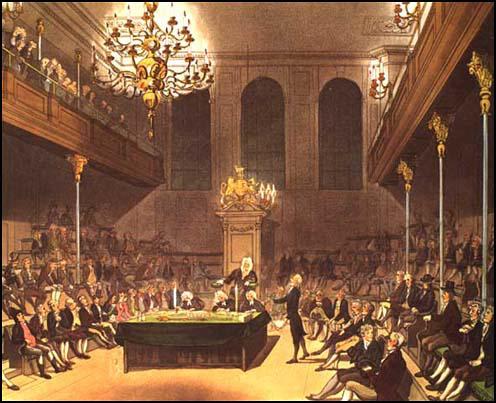
Brexiteers Must Fall: Why liberals and the left must combine forces to confront the Cecil Rhodes of the Twenty-First Century
History is written by the victors. In the two weeks that have followed the shock result of the United Kingdom’s referendum on EU membership, a profound sense of horror and foreboding has settled across liberal and progressive Britain. Whatever expectations the British people may have entertained throughout the course of the campaign, it is now painfully clear that the primary result of the referendum will be to hand control to a small number of right-wing demagogues dedicated to reversing the advance of modern cosmopolitan Britain. And this rag-tag cabal looks likely to set the narrative of democratic politics in Britain for years to come. Amidst flawlessly-crafted cries of ‘we want our country back’, Britain will be sold a bombastic, populist …

So, what was Magna Carta?
This year, we celebrate the eight-hundredth anniversary of one of the most revered documents in English history. On 15 June 1215 at Runnymede (a small meadow outside of London, marking the midpoint between two armies locked in civil war) King John set his seal on Magna Carta – the ‘great charter’ that has become synonymous throughout the world with opposition to arbitrary rule, and with the protection of individual rights and liberties. But what, exactly, was Magna Carta? Few of John’s contemporaries could have guessed at its enduring and universal significance. Magna Carta was the product of a specific breakdown in feudal authority. It was a peace treaty and a political settlement, aimed at bringing to an end months of …

Iain McLean on Constitutionalism, Scottish Secession, and Engagement with Political Theory: Do we need a codified constitution for the (rest of the) United Kingdom?
Iain McLean on Constitutionalism, Scottish Secession, and Engagement with Political Theory: Do we need a codified constitution for the (rest of the) United Kingdom?
Play Episode
Pause Episode
Mute/Unmute Episode
Rewind 10 Seconds
1x
Fast Forward 30 seconds
00:00
/
Subscribe
Share
RSS Feed
Share
Link
Embed
Download file | Play in new windowIn years to come, Saturday 30 November 2013 may be remembered as the last time that a genuinely united Kingdom of Great Britain and Northern Ireland came together to celebrate St Andrew’s Day (Scotland’s official national day). With a referendum on Scottish independence set to take place in Scotland on 18 September 2014, the British state’s survival is far from certain. A majority vote in favour of independence would not result in the immediate break-up of the UK (though the Scottish National Party have recently called for full Scottish separation by March 2016 if independence is endorsed at the ballot box). But even so, it is clear that victory for the independence campaign would leave British national unity – terminally battered and bruised – as little more than a wishful façade. If the Great British edifice crumbles to the ground, what are we to make of the pieces that remain?










